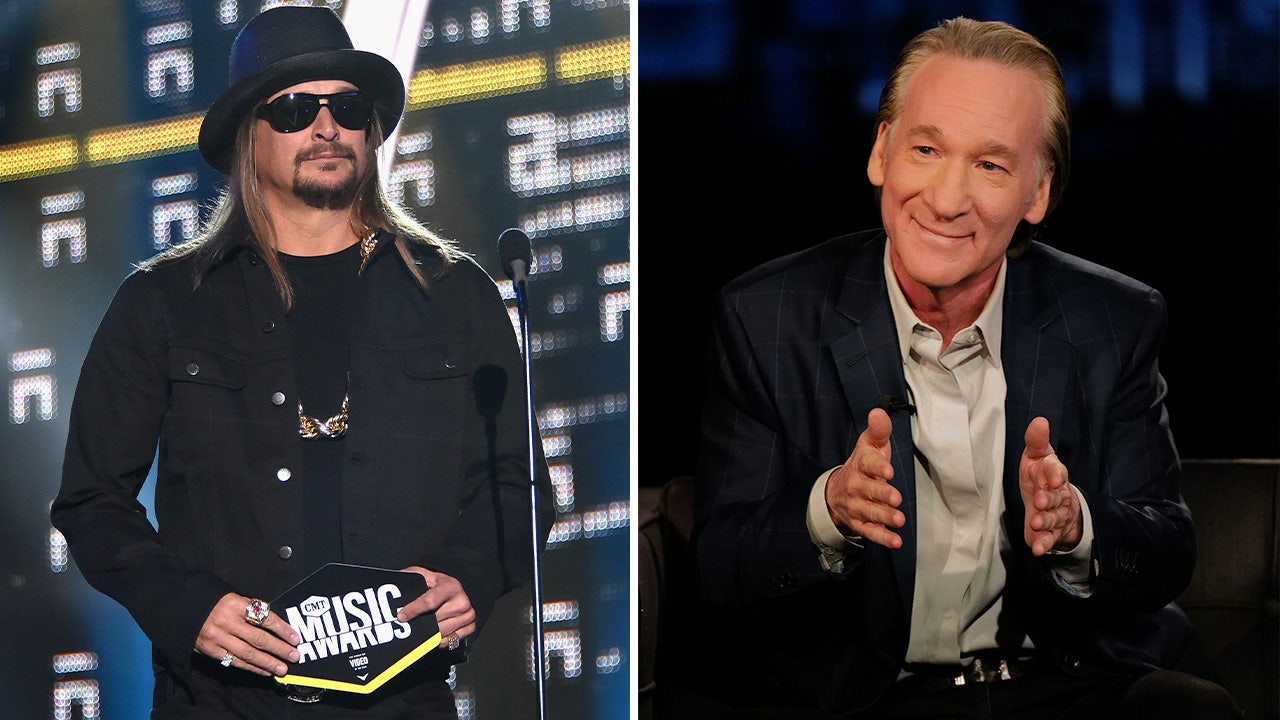Berlin Competition Entry ‘The Blue Trail’ Reveals First Clip, Gabriel Mascaro Talks Ageism in Cinema: ‘Elderly Bodies Are Tied to a Nostalgia For Life’ (EXCLUSIVE)
Gabriel Mascaro talks Amazon-set dystopian drama 'The Blue Trail' and 'beautiful' creative relationship with 'Love Actually' star Rodrigo Santoro

Gabriel Mascaro’s “The Blue Trail,” playing in competition in Berlin, marks another great milestone for Brazilian cinema in a year where the country got its first best picture Oscar nomination with Walter Salles’ “I’m Still Here.” Mascaro follows in the footsteps of Salles playing in competition in Venice and Karim Aïnouz playing in competition at Cannes with “Motel Destino,” three consecutive Brazilian films playing in the most prestigious strands of the three most important European film festivals.
“Each one of these films is so different from each other but has great strengths,” Mascaro tells Variety ahead of his Berlinale bow. “I feel very proud to be a part of it.”
“The Blue Trail” takes place in a near future Brazil where the government relocates the elderly to senior housing colonies so the younger generations can fully focus on productivity and growth. Tereza (Denise Weinberg), nearing 80, refuses to accept her fate, embarking instead on a journey through the Amazon to realize one last wish before losing her freedom. Watch an exclusive clip below:
Popular on Variety
“For the last ten years, I’ve been maturing how to think about the aging body in cinema,” says Mascaro of the project. “I’ve searched for references and saw how difficult it was to find films with elderly main characters and how often elderly bodies were tied to a certain nostalgia for life. It is almost as if the elderly body is a vessel for memory, something to preserve a life lived, always inching closer to death. It was never a present body, which began to bother me.”
The director mentions Yasujirō Ozu’s “Tokyo Story” and Michael Haneke’s “Amour” as films that have tried to “look at the elderly through a different lens,” but says he has not seen the same done through a dystopian framing. “We rarely see elderly bodies rebel against the system, it is as if rebellion belongs only to the young. It is almost as if the elderly are not authorized to exist within dystopian literature.”
The first of many challenges with “The Blue Trail” happened at the casting stage. “We usually see older characters in the periphery of a story but the complexity of a protagonist is rarely extended to an elderly character and literature and cinema also value the male body above the female, so we had twice the challenge in our search for our Teresa,” the director explains.
“Brazil’s dramaturgy is often associated with a specific look and Rio de Janeiro,” Mascaro continues. “We tried our best to escape those confinements and find a face that is less recognizable on Brazilian television. We also struggled to find a face that hadn’t been subjected to medical procedures that are becoming increasingly intertwined with what it is needed to be on television today.”
If finding the right actor for Tereza proved a challenge, Rodrigo Santoro (“Love Actually,” “300”) was an obvious choice from day one for Mascaro as the right man to play Cadu. The director calls their creative partnership “beautiful,” bringing up an episode in his youth that made the casting feel like a full circle moment.
“When I was 16 in Recife, I went to the premiere of ‘Brainstorm,’ before I even dreamed of making cinema, and I was stunned by how Rodrigo used his body, how different he was on stage and screen. I feel contaminated by it in a way and inspired to make cinema. Now, 25 years later, we meet again with this film,” recalls Mascaro. “He was fully in it from day one. He was as creatively anxious as I was fully immersed in his character. He’s a very studious actor, down to the smallest detail. It was beautiful working with someone so full of energy and so willing to give his all to the film.”
Courtesy of Guillermo Garza
On creating the world of the film, the director worked much in the way he did with his previous attempt at a futuristic tale — 2019’s “Divine Love” — in that the world of this fictional future did not need to look out of “Blade Runner” to be conducive to the story at play.
“I believe that a change in human behavior communicates much more than a futuristic-looking gadget or a flying car,” the director points out. “In creating the world of the film, we came up with things like the Wrinkle Wrangler, a car that fetches elderly people from the streets like a dog catcher taking strays to the pound. It’s a ritual of public humiliation that speaks to the appalling way many elderly people are treated in Brazil. We don’t need otherworldly technology to weave in social commentary. I like to think of dystopia as living somewhere between the holistic and a fable.”
Speaking on why he decided to set the film in the heart of the Brazilian Amazon, the director emphasizes how he tried to look at the region not as “the romantic ideal of preservation but within the contradictions of contemporary culture.”
“The film portrays the industrial side of the Amazon, with a factory processing alligator meat as if it were a regular processing plant and a casino where people bet on fish fighting,” he adds. “The idea was to explore how pop culture and capitalism reappropriate symbolical references within the Amazon’s expansive fauna.”
As for being selected in competition in Berlin, Mascaro says he feels “great joy” for the film but also for the opportunity to get wider visibility on the themes broached by the story.
“The film talks about not only the aging body but also displacement and the forced removal of communities. It is very timely in that sense but is also done in a very allegorical manner, talking about modern issues without pandering to an idealized ‘Brazilianness.’ This is a film that wants to be in conversation with the world.”










:max_bytes(150000):strip_icc()/GettyImages-1020424288copy-883dc695487f4a87acf228f4ddd964c9.jpg)





